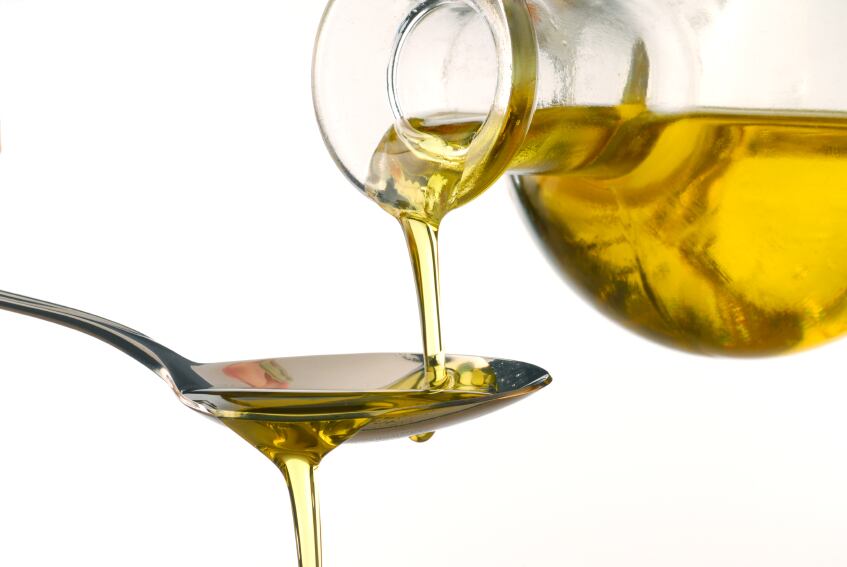Currently, milk products and margarine spreads are subject to the requirement. The new proposals would see the fat content of the already included skimmed and semi skimmed milk increased to cover 3% fat milk as well as other products such as lactose-free alternatives like rice and oat milk, cooking oil, butter, yoghurt and soured milk included.
The amount of vitamin D added is also among the proposed changes. Currently milk is fortified at between 3.85 and 5 micrograms per litre; this could increase to 10 micrograms per litre.
For cooking oil the agency suggested 20 micrograms of vitamin D per 100 grams.
The proposal was now open for comments in a period of consultation ending June 5th.
Real-world solution

Asked if fortifying products like cooking oil and butter might send mixed public health messages, Dr Hanna Eneroth, a nutritionist and risk-benefit assessor for the agency, told us the agency had taken a common-sense approach.
Whether it was recommended or not, people were consuming these products. The idea was to reflect real world consumption habits, she said.
Fortification was just one way to up national intakes, she said. Sweden also encouraged greater consumption of foods like fish through the Nordic Nutrition Recommendations (NNR).
Eneroth said this was part of an effort to improve nutritional status, but added: “There will still be people who do not eat fish and people who do not eat fortified food. It won’t

reach everyone.”
It also aimed to open up the fortification to vegan and vegetarians through the broader range of foods included.
Sunless state
The authority said that while vitamin D could be gained naturally from dietary sources like fish, shellfish, eggs, chicken and meat, many Swedish people were still not getting enough.

New Nordic Nutrition Recommendations (NNR) noted this was a particular problem for the region given the low levels of sunlight in winter months. People with dark skin were at particular risk of deficiency.
Other Nordic countries like Denmark have also backed fortification in the past.
Vitamin D regulates calcium balance in bones and teeth and deficiency can cause conditions like rickets.
According to the agency’s research back in 2011, about 67% of the population are below the average required intake for the vitamin, although estimating levels of deficiency was more complicated and depended on cut off points used.
While Sweden was not at the point where 67% of its population was at risk of rickets, this could have long-term health consequences if continued.
In Sweden it is recommended that children under 2 and adults and children under 75 years consume 10 micrograms of vitamin D3 per day. For those with limited sun exposure and adults over 75 years this doubles to 20 micrograms a day.
Counting consequences
Maximum levels were also considered in the proposal, with the fortification “far from” upper safe level intakes reachable with excessive supplement use.
The proposal was now open for consultation and had also been sent directly to firms that could be particularly impacted.
Eneroth said price was not predicted to change dramatically for the products listed since many companies were already fortifying voluntarily, but this would be established by the stakeholder feedback.
